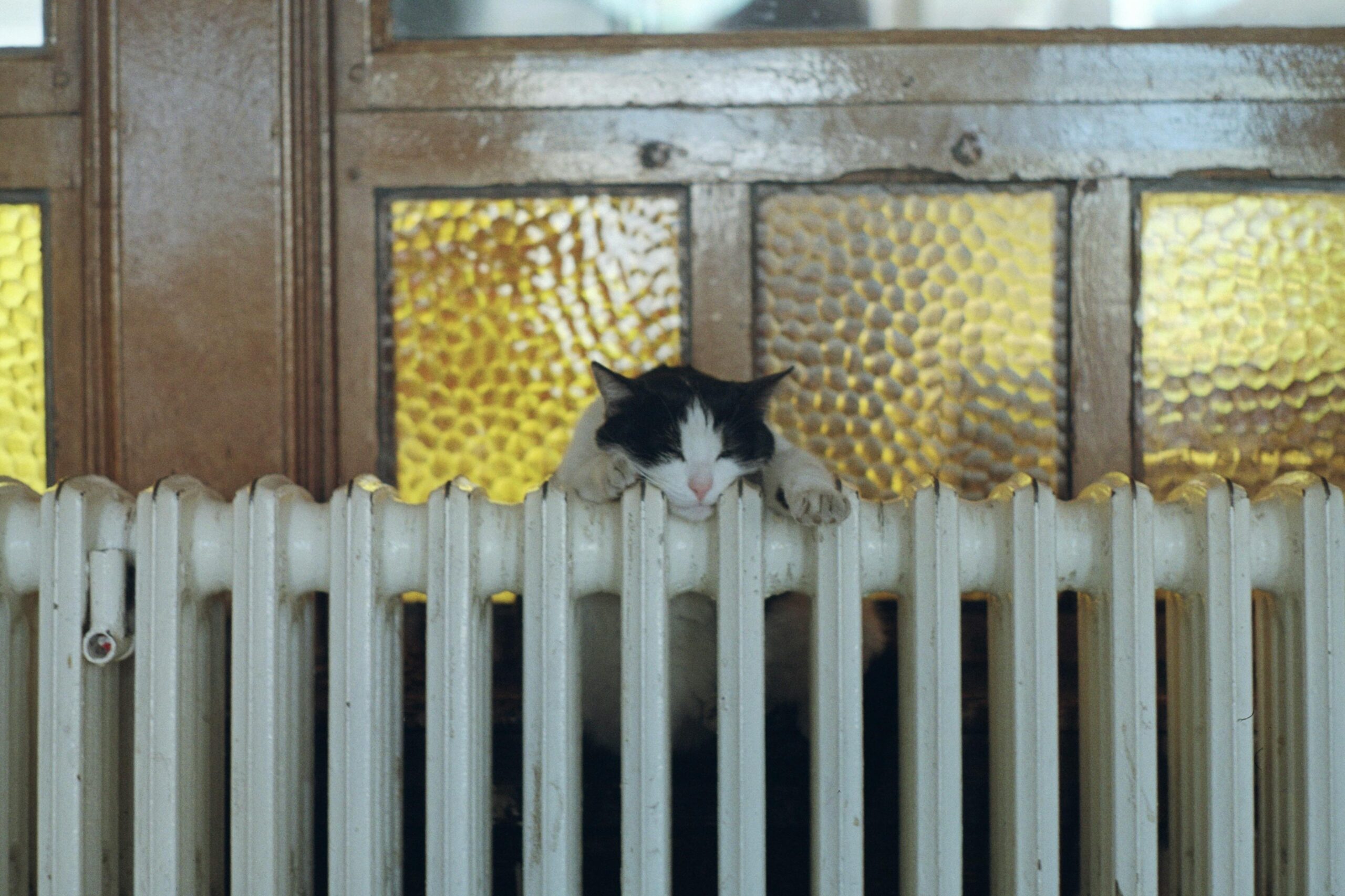Serving The Wasatch Front Area
Back to Blog
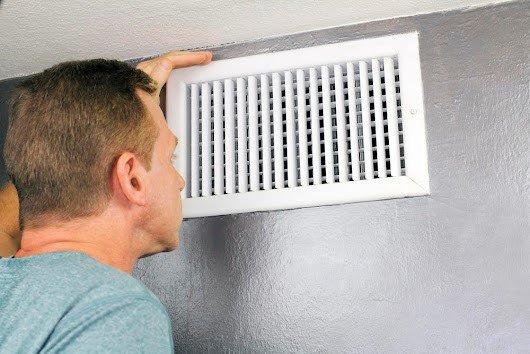
Common HVAC Odors: What Do These Smells Mean?
November 15, 2021
HVAC systems are built to last, but that doesn’t mean you won’t notice a few problems down the line. Some issues require an expert diagnosis. Others are easy to diagnose, but you shouldn’t attempt to fix them if you’re not sure how.
Unfamiliar odors are a good sign that your system isn’t in the best condition. You might be tempted to ignore some smells, especially mild ones. But doing so only exposes your system to other risks – some that you may not have thought of. Below are four common HVAC odors and the possible reasons behind them.
1. Burning Smells
A burning smell can be quite worrying when you first notice it. But this experience is sometimes completely normal, especially if you’ve gone a long time since you last turned on your furnace. The smell is fairly noticeable at the start of the fall season since the furnace may have collected dust during the warm summer months.
Typically, you should expect the burning smell to only last a few hours until the dust clears. But if the smell still lingers or you see smoke, then you have reason to worry. Smoke from your furnace is never good news. Your chimney or furnace may be blocked, trapping smoke inside your home.
A burning smell can also indicate a problem with your system’s electrical wiring. You’re likely to notice a distinctive electrical smell if there is faulty wiring. Similarly, the electrical motor that drives your system might also be overheating. Both situations are likely to trigger unexpected house fires that could catch you by surprise.
Don’t take your chances in either situation. Instead, turn off your system, and contact your HVAC technician immediately.
2. Rotten Egg Smell
A rotten egg odor is often associated with natural gas. You might notice this smell if you have a gas or propane-based furnace. The smell of rotten eggs is a sign of a possible gas leak, a huge problem you should never take lightly. Natural gas is a highly flammable fuel that can trigger accidental house fires.
In addition, prolonged exposure can have a huge health impact. Anyone in your home who inhales the gas for a long time may experience the following complications:
- Dizziness
- Abnormal breathing
- Fatigue
- Nausea
Natural gas has no smell, which is why gas companies add a sulfur-based chemical as a precautionary measure. The sulfur chemical gives natural gas the unmistakable rotten egg smell to help you know when you have a gas leak.
Gas leaks are dangerous and may put you or your family in harm’s way. You shouldn’t attempt to find the source of a leak on your own due to the many risks involved. Once you smell gas in your home, turn off the power supply to your system and call your HVAC contractor for further diagnosis.
3. Oil Smell
A strong oil smell might indicate a potential oil leak in your system. Normally, the problem could be a loose fitting in the oil tank or filter.
But sometimes, you may not notice any oil leaks, even after a brief inspection. In such a case, the oil burner could be malfunctioning. A faulty burner could result from a failing fuel pump, often a highly technical issue that requires an expert diagnosis.
In addition, a strong oil smell could indicate a cracked heat exchanger. A cracked heat exchanger can cause deadly carbon monoxide gas to leak into your home.
Don’t take long to act if you notice any of these smells or anything close. Reach out to Comfort Solutions, and set up an appointment for a thorough system inspection.
Recent News
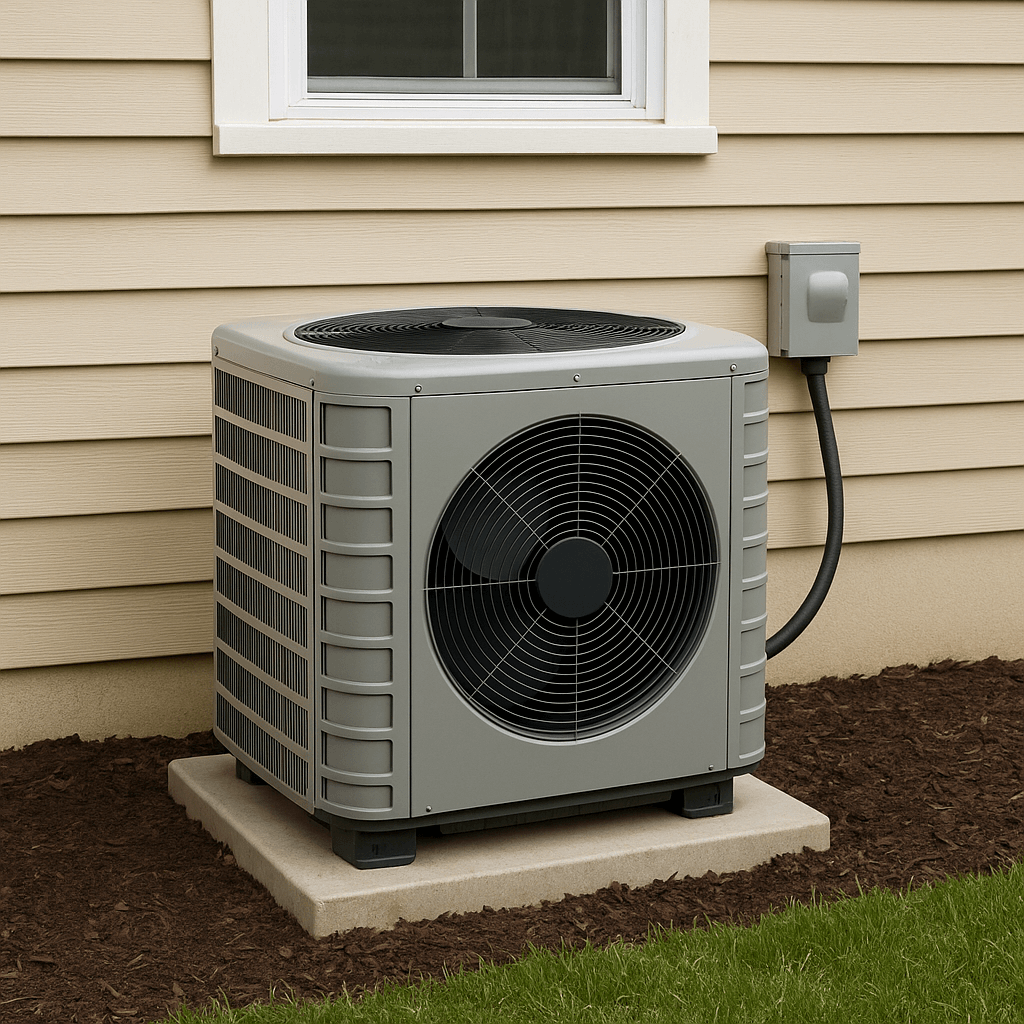
Common Air Conditioner Mistakes That Can Cause You Problems
May 29, 2025

How to Stay Cool During the Summer Heat
April 21, 2025
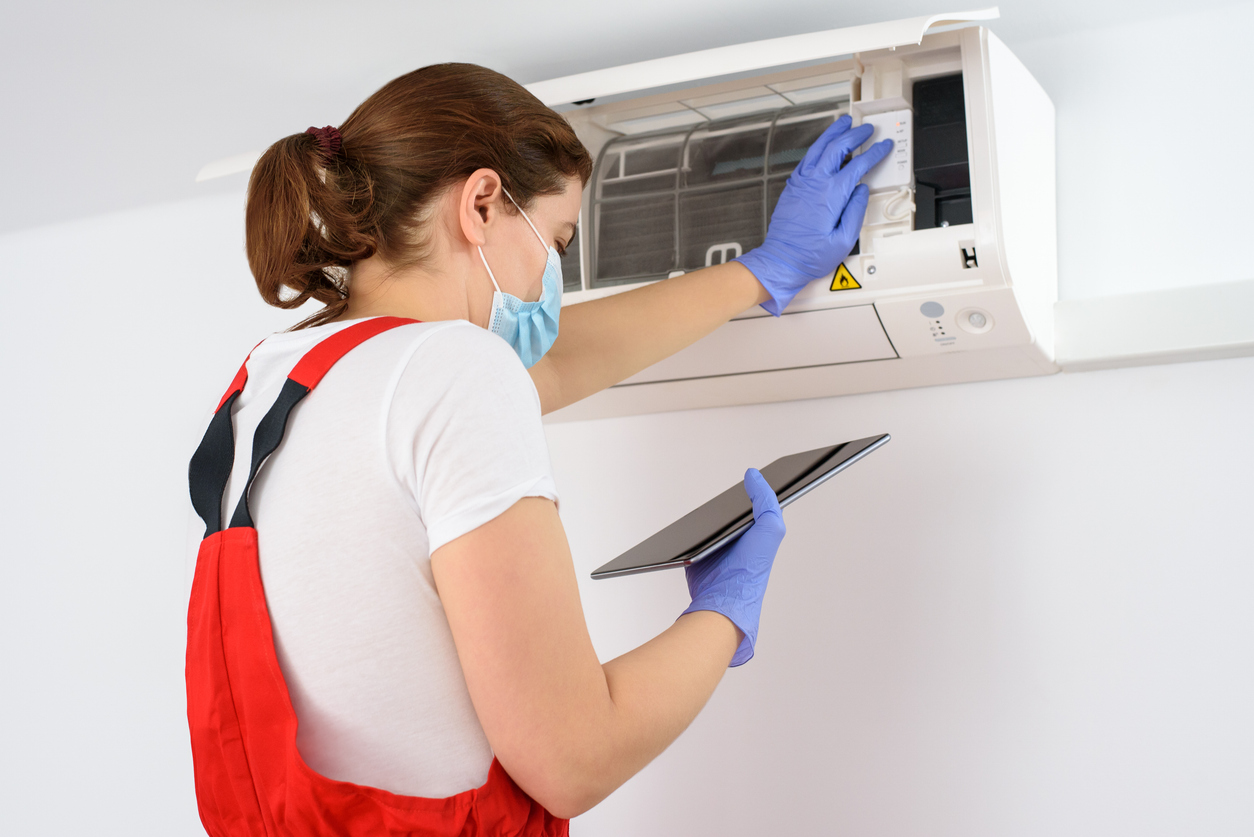
When to Upgrade Your AC Systems: Benefits & More
February 25, 2025

Why Remote Workers Should Upgrade Their HVAC
February 10, 2025
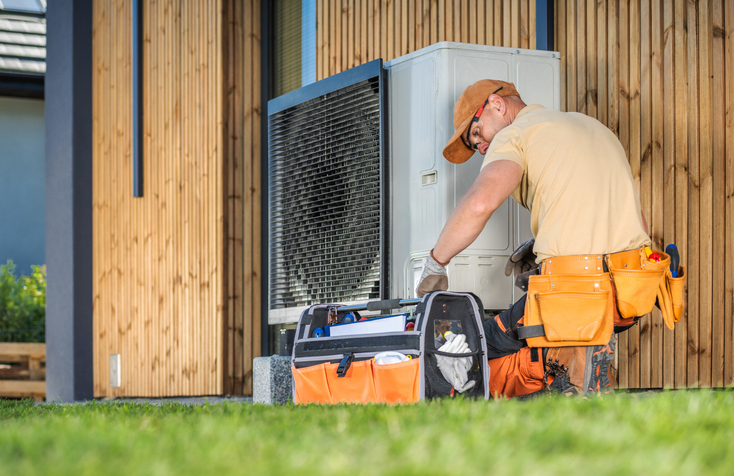
Common Home Heating, Furnace Repair & Replacement Myths
February 7, 2025
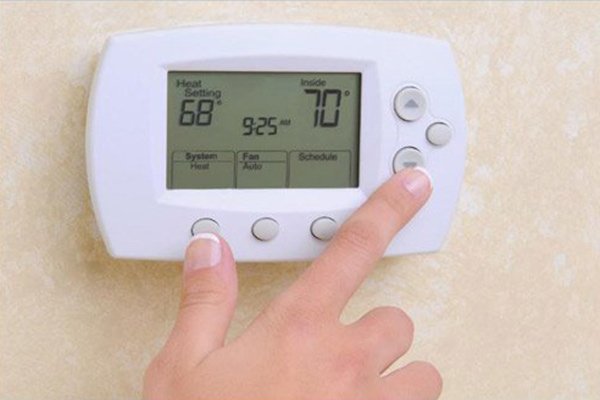
Keep Your Fireplace and HVAC Systems Running Strong All Winter
December 6, 2024
